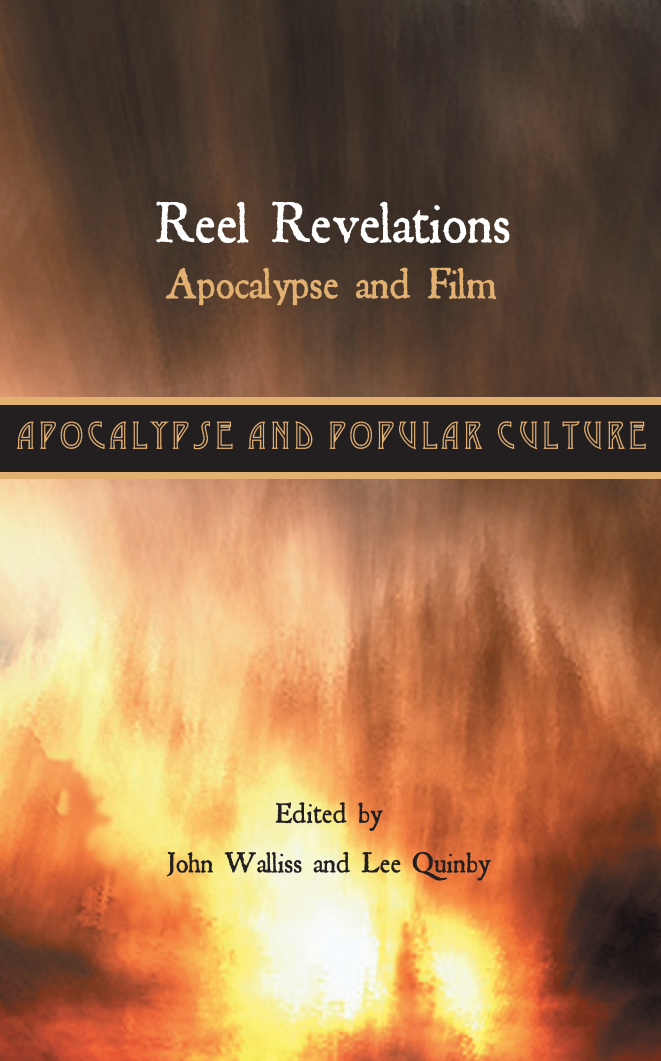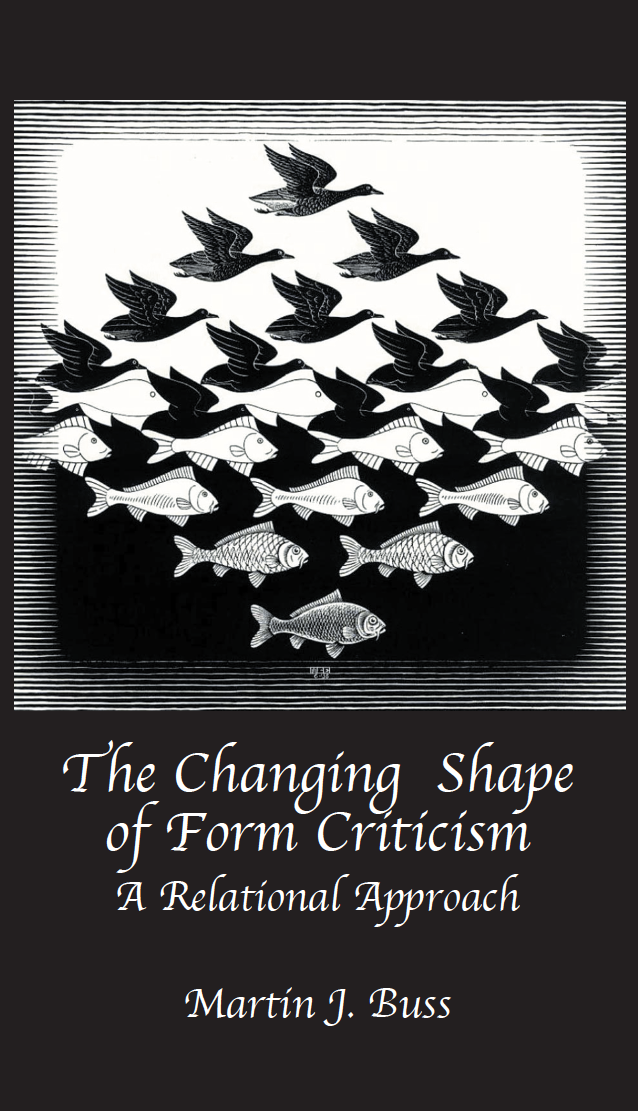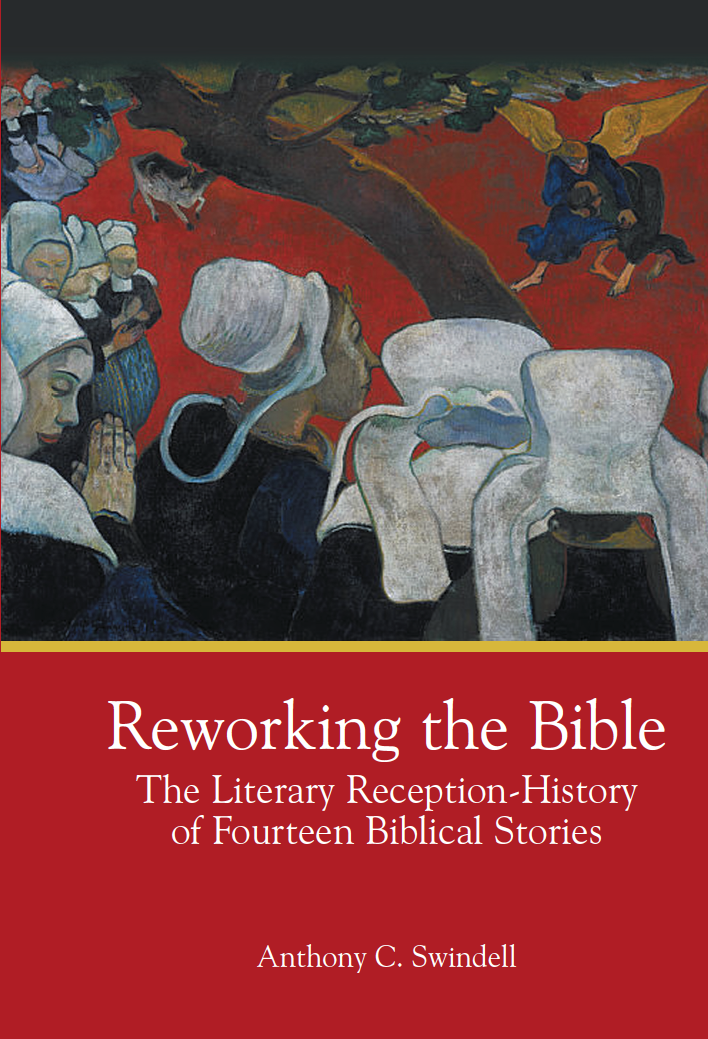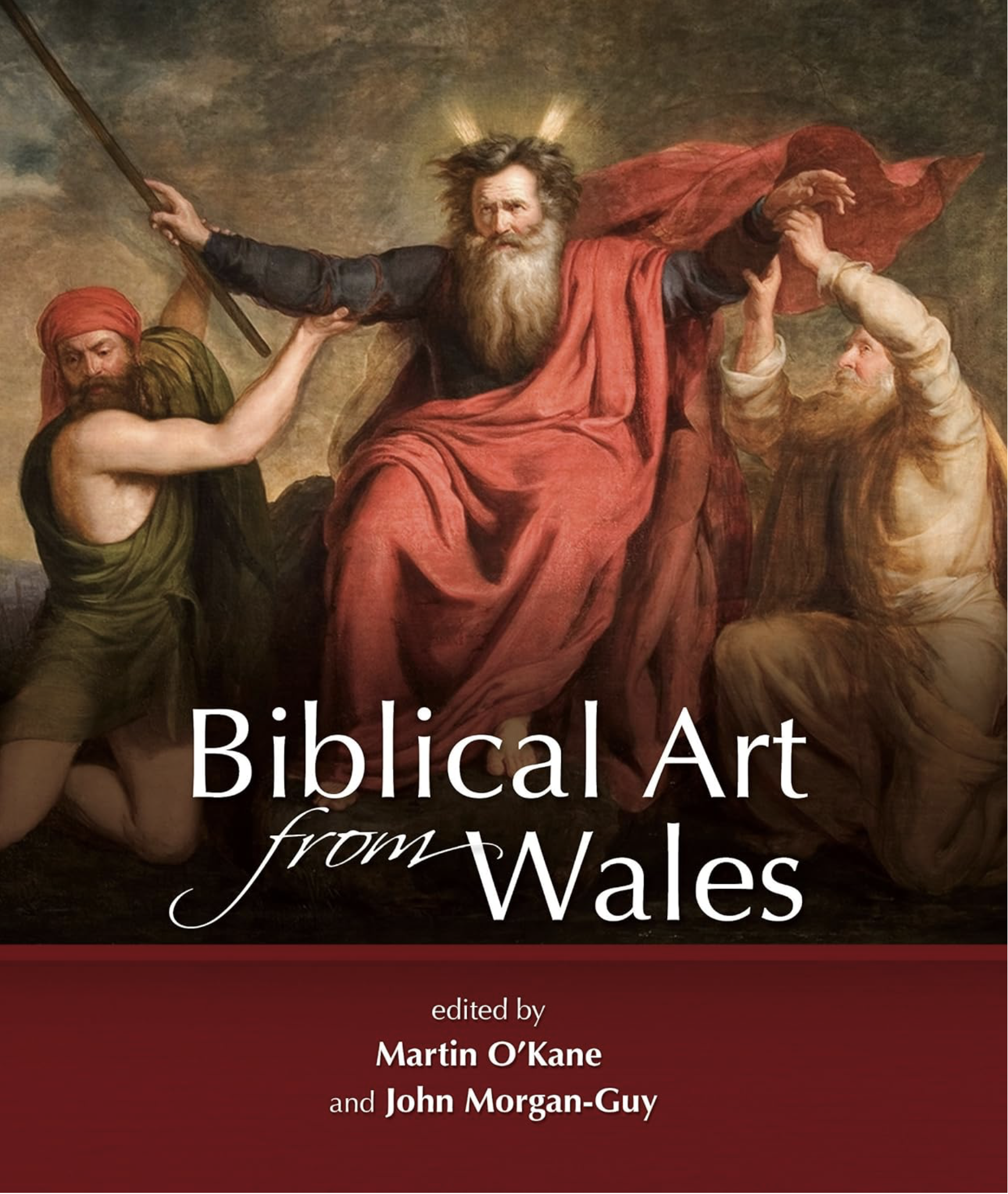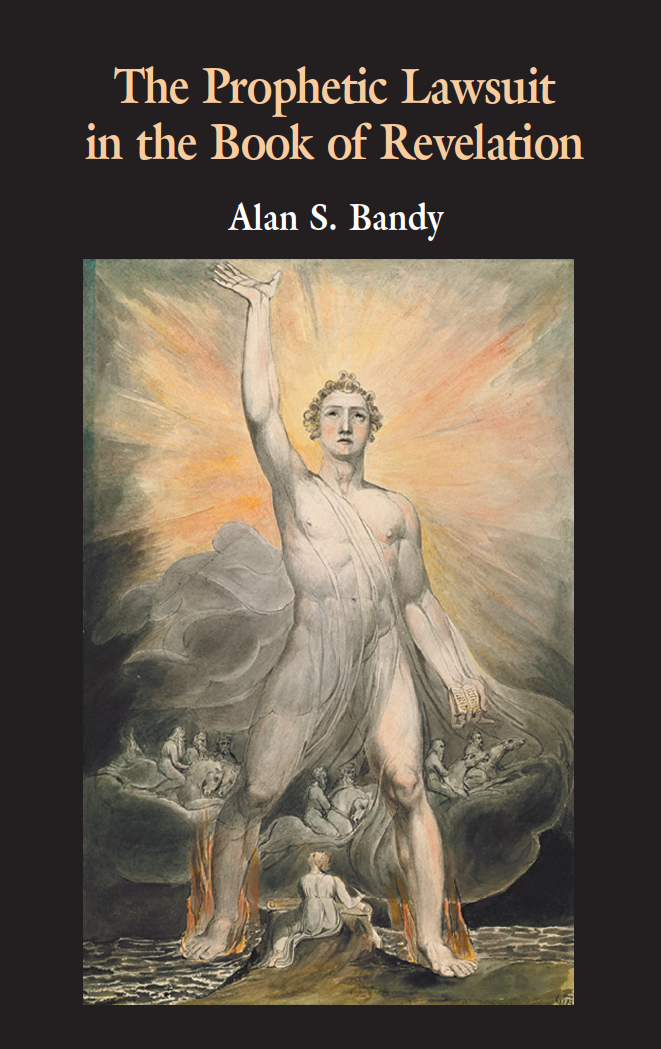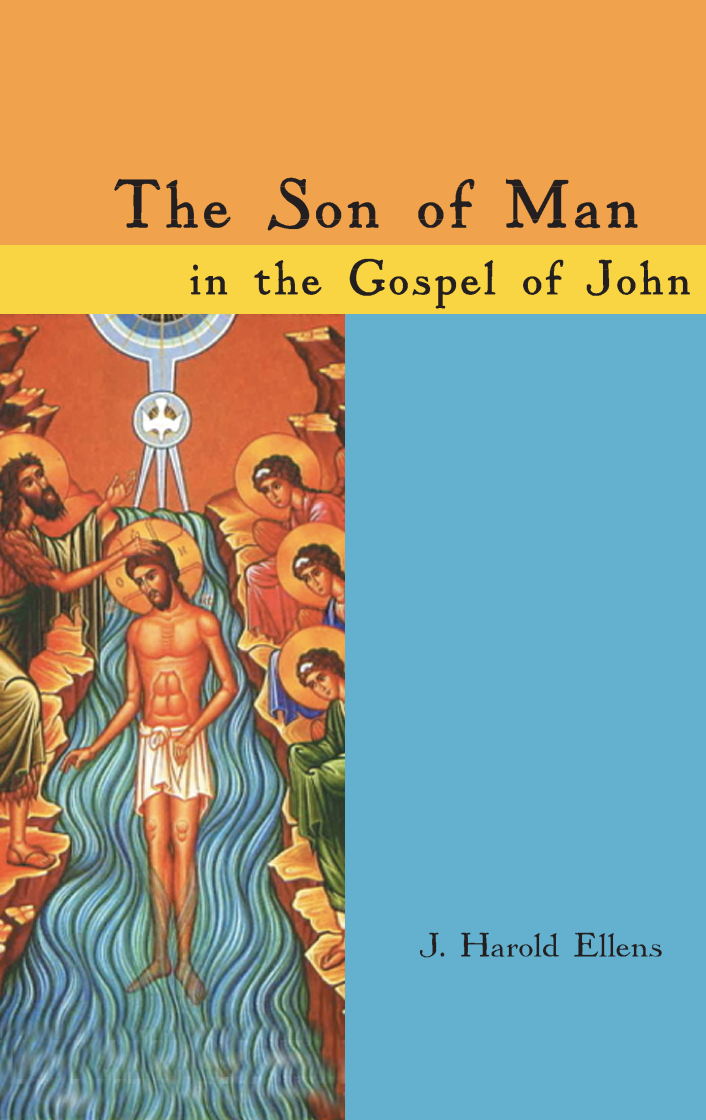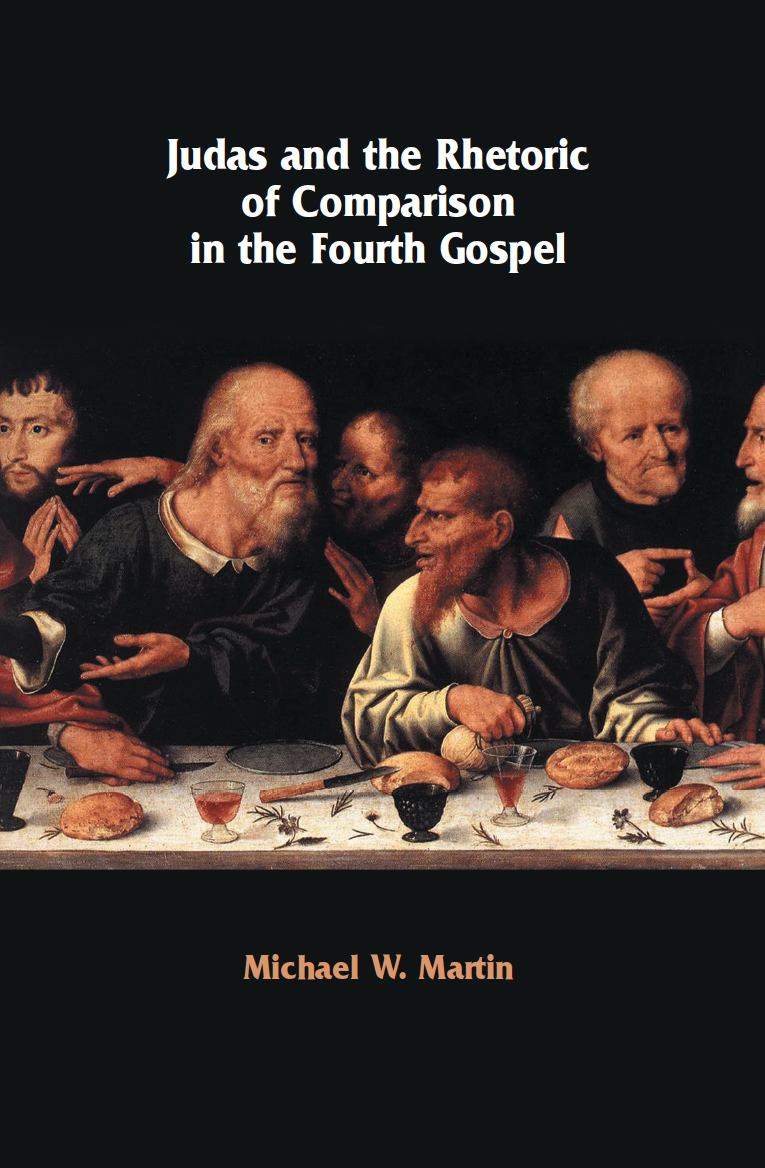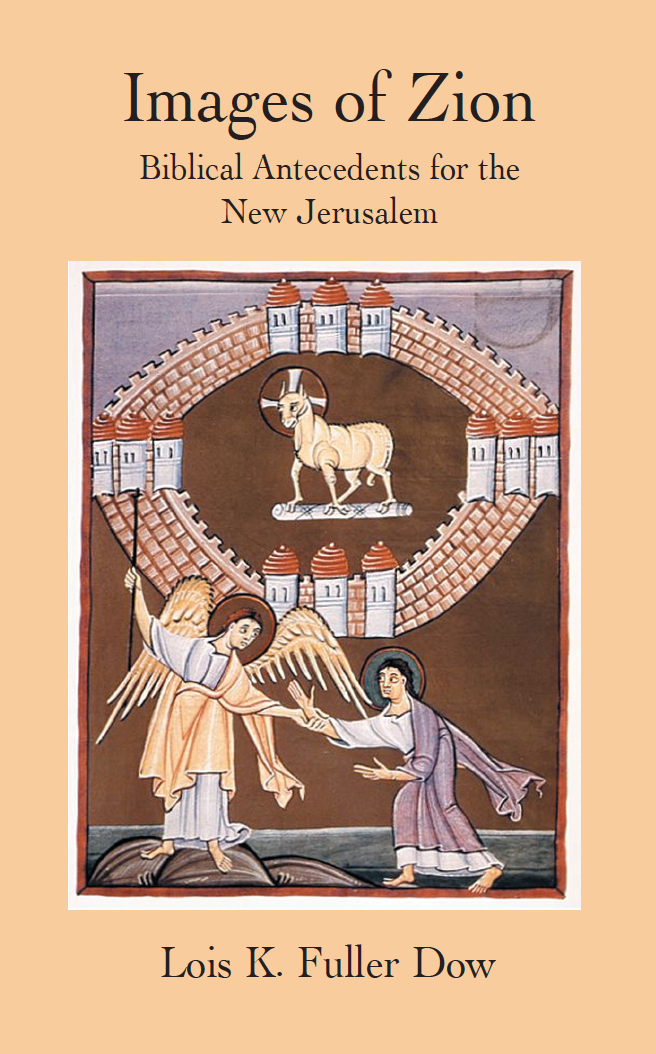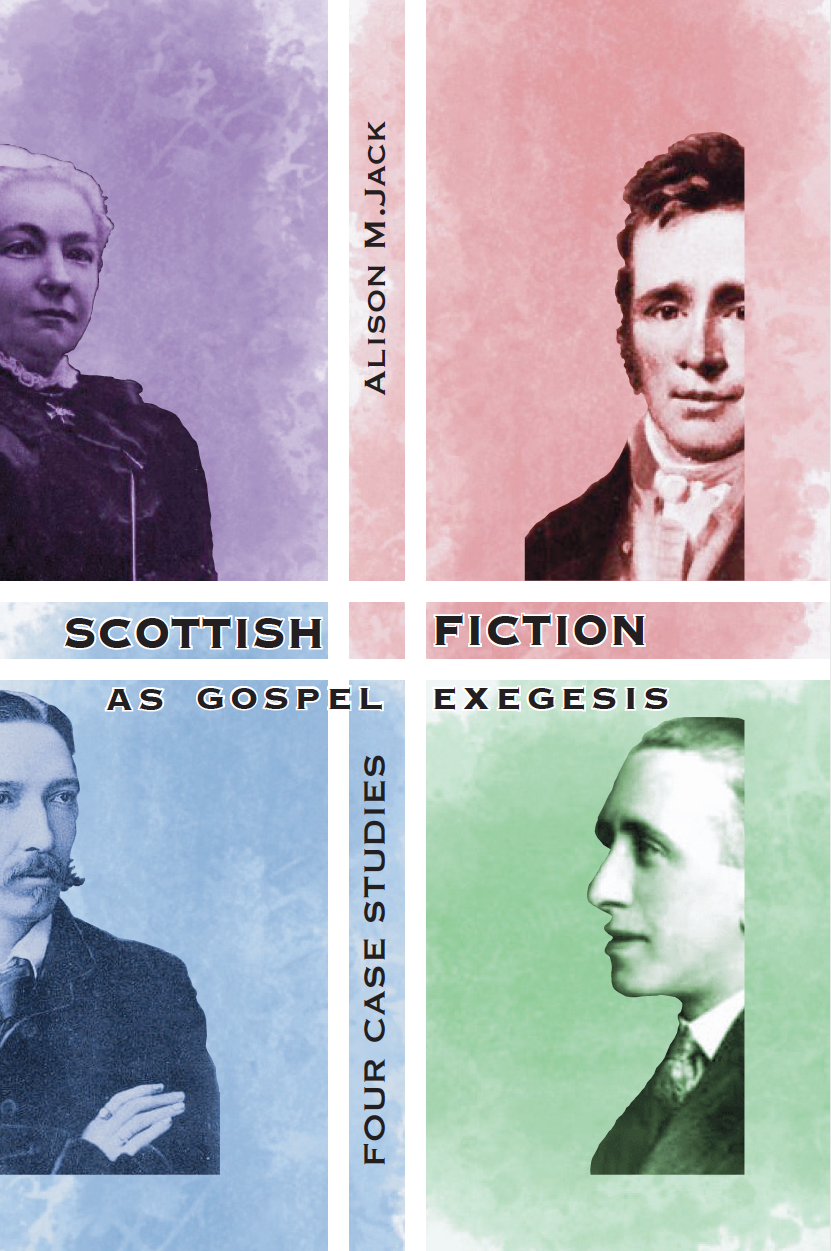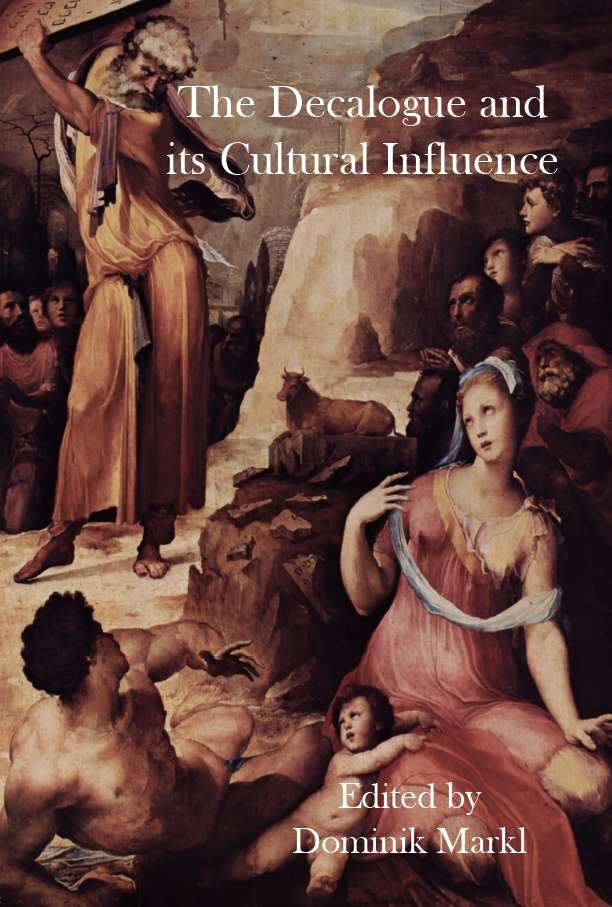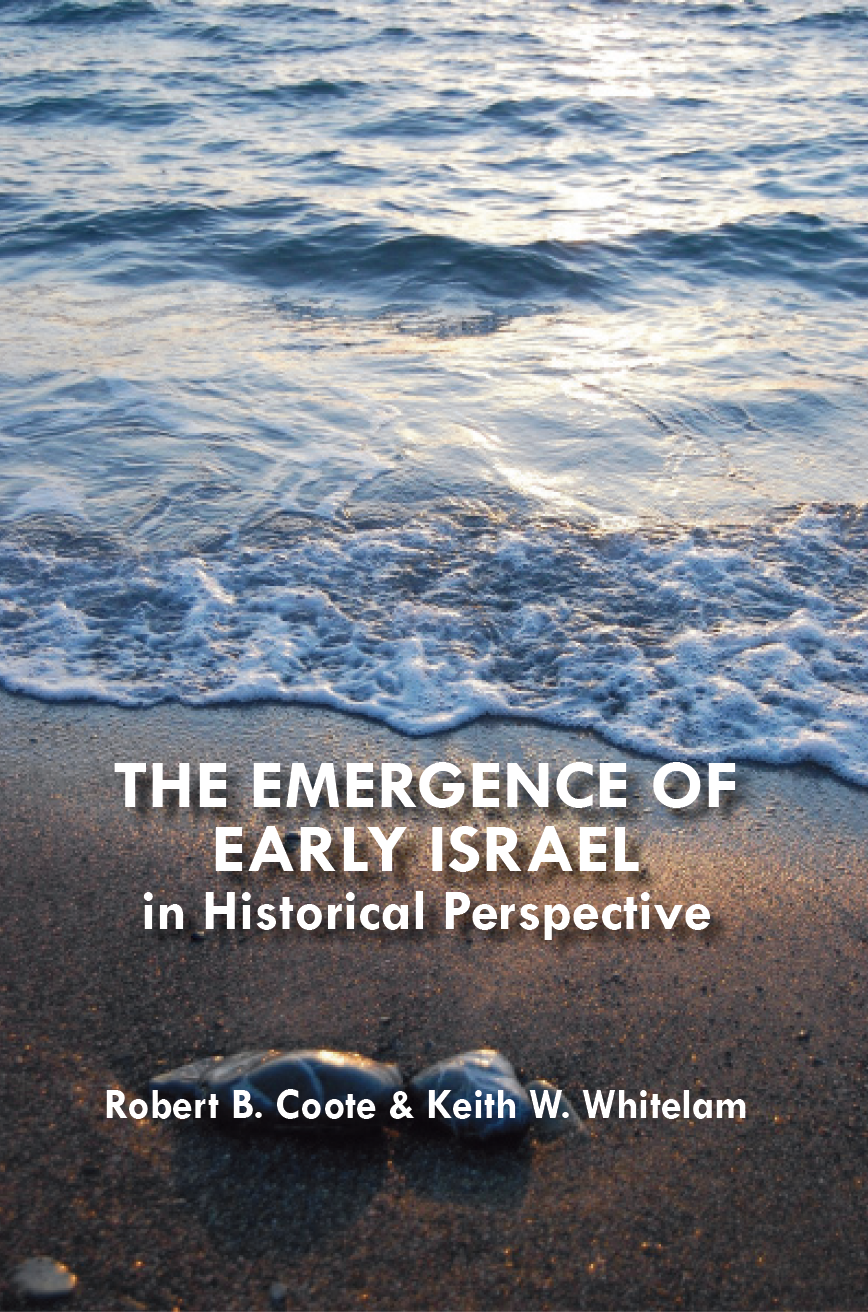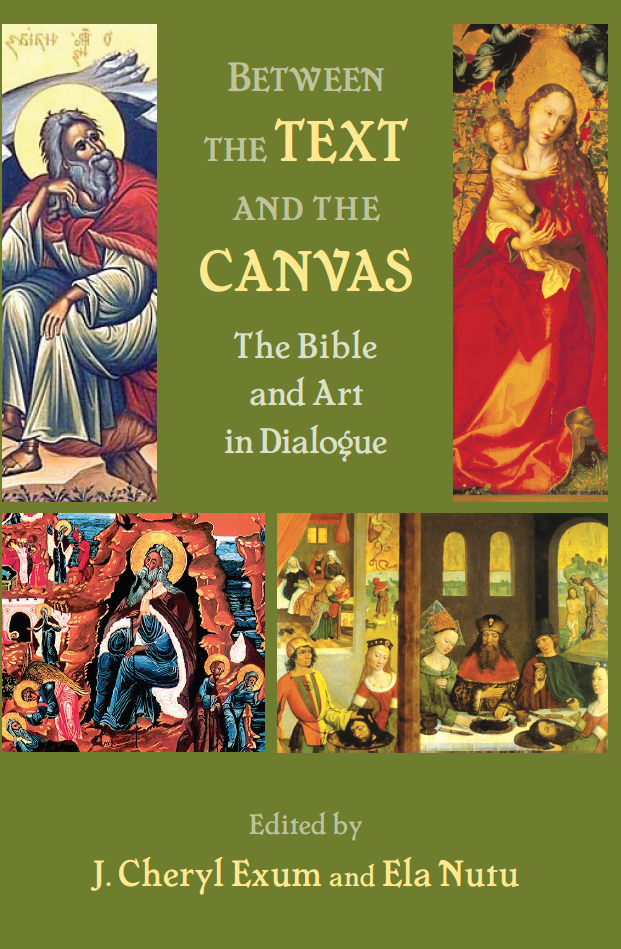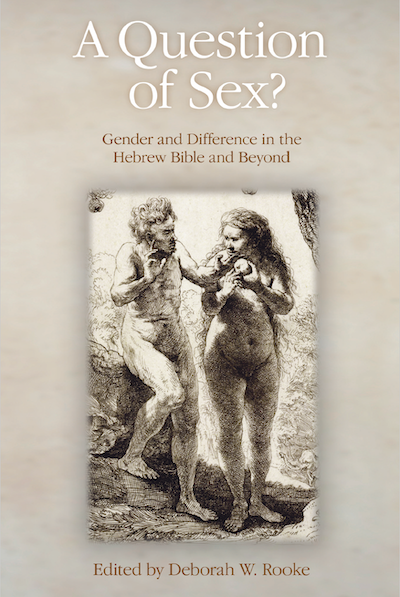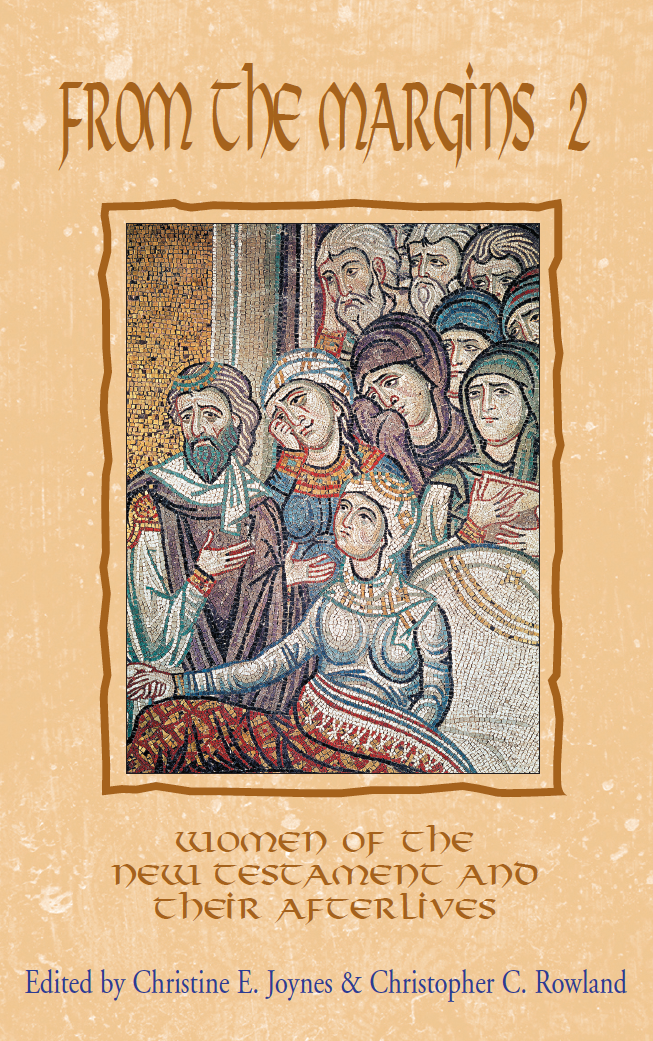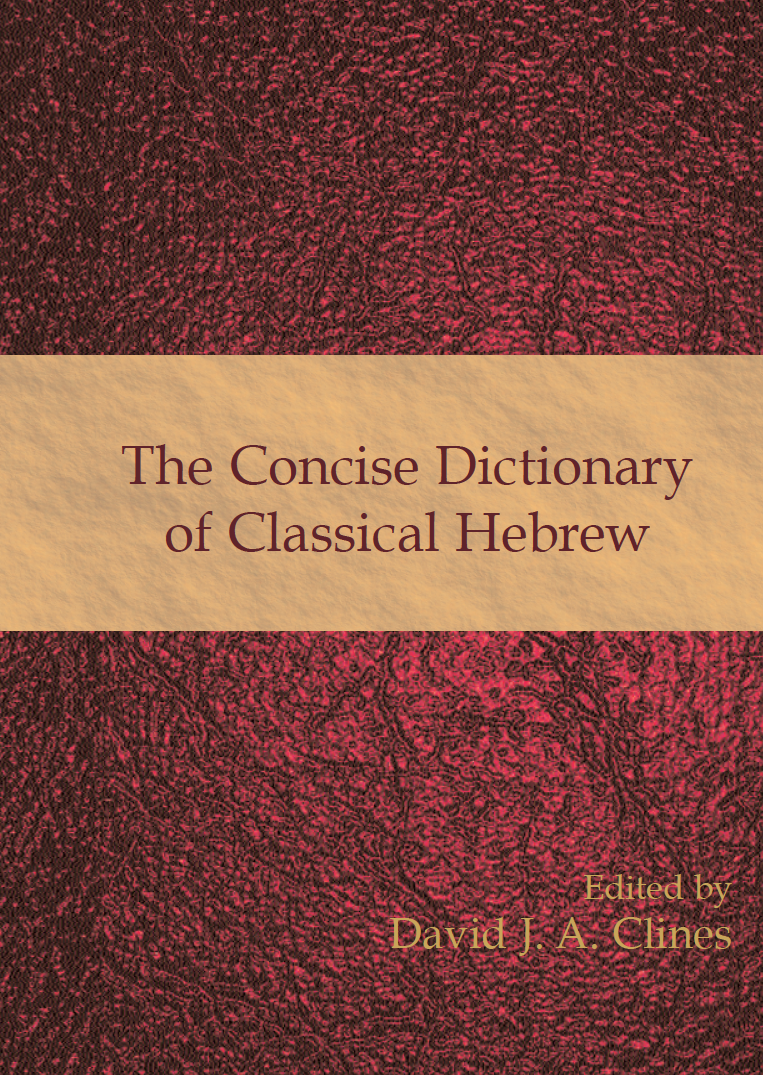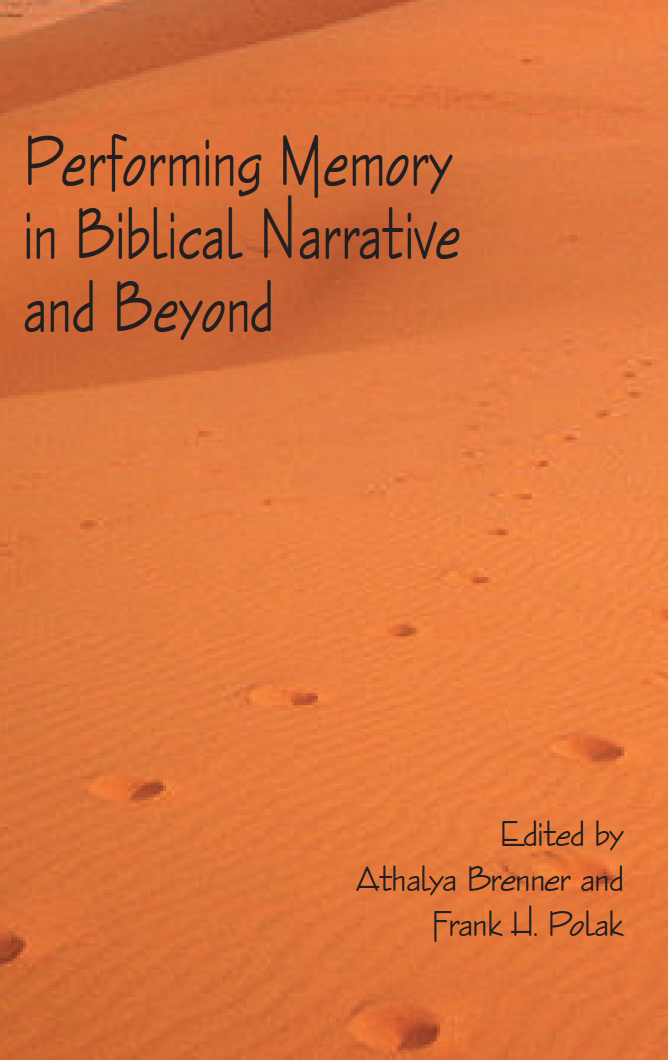Reel Revelations: Apocalypse and Film
Published: Oct 2010
£50.00
In the last decades, writers and directors have increasingly found the Book of Revelation a fitting cinematic muse for an age beset by possibilities of world destruction. Many apocalyptic films stay remarkably close to the idea of apocalypse as a revelation about the future, often quoting or using imagery from Revelation, as well as its Old Testament antecedents in Daniel, Ezekiel, and Isaiah.
The apocalyptic paradigm often instigates social criticism. Kim Paffenroth examines how zombie films deploy apocalyptic language and motifs to critique oppressive values in American culture. Lee Quinby shows how Richard Kelly's Southland Tales critiques not only social and economic crises in the USA but also Revelation's depictions of Good versus Evil as absolute oppositions. Frances Flannery points out how Josh Whedon's Serenity deconstructs the apocalypse precisely by using elements of it, depicting humans as their own created monsters.
Jon Stone notes how apocalyptic fictions, while presenting nightmare scenarios, are invariably optimistic, with human ingenuity effectively responding to potential disasters. Mary Ann Beavis examines the device of invented scriptures (pseudapocrypha), deployed as a narrative trope for holding back the final cataclysm. John Walliss studies evangelical Christian films that depict how the endtime scenario will unfold, so articulating and even redefining a sense of evangelical identity.
Richard Walsh analyses the surreptitious sanctification of empire that occurs in both Revelation and End of Days under the cover of a blatant struggle with another 'evil' empire. Greg Garrett examines how the eschatological figure of 'The Son of Man' is presented in the Matrix trilogy, the Terminator tetralogy, and Signs. Elizabeth Rosen shows how a postmodern apocalyptic trend has been working its way into children's fiction and film such as The Transformers, challenging the traditionally rigid depictions of good and evil found in many children's stories.
Reel Revelations: Apocalypse and Film
£50.00
In the last decades, writers and directors have increasingly found the Book of Revelation a fitting cinematic muse for an age beset by possibilities of world destruction. Many apocalyptic films stay remarkably close to the idea of apocalypse as a revelation about the future, often quoting or using imagery from Revelation, as well as its Old Testament antecedents in Daniel, Ezekiel, and Isaiah.
The apocalyptic paradigm often instigates social criticism. Kim Paffenroth examines how zombie films deploy apocalyptic language and motifs to critique oppressive values in American culture. Lee Quinby shows how Richard Kelly's Southland Tales critiques not only social and economic crises in the USA but also Revelation's depictions of Good versus Evil as absolute oppositions. Frances Flannery points out how Josh Whedon's Serenity deconstructs the apocalypse precisely by using elements of it, depicting humans as their own created monsters.
Jon Stone notes how apocalyptic fictions, while presenting nightmare scenarios, are invariably optimistic, with human ingenuity effectively responding to potential disasters. Mary Ann Beavis examines the device of invented scriptures (pseudapocrypha), deployed as a narrative trope for holding back the final cataclysm. John Walliss studies evangelical Christian films that depict how the endtime scenario will unfold, so articulating and even redefining a sense of evangelical identity.
Richard Walsh analyses the surreptitious sanctification of empire that occurs in both Revelation and End of Days under the cover of a blatant struggle with another 'evil' empire. Greg Garrett examines how the eschatological figure of 'The Son of Man' is presented in the Matrix trilogy, the Terminator tetralogy, and Signs. Elizabeth Rosen shows how a postmodern apocalyptic trend has been working its way into children's fiction and film such as The Transformers, challenging the traditionally rigid depictions of good and evil found in many children's stories.
Journal of Greco-Roman Christianity and Judaism 6 (2009)
Published: July 2010
£80.00
This is the sixth volume of the hard-copy edition of a journal that has been published online (www.jgrchj.net) since 2000. Volume 1 was for 2000, Volume 2 was for 2001 —2005, Volume 3 was for 2006, Volume 4 was for 2007, Volume 5 was for 2008 and Volume 6 is for 2009. As they appear, the hardcopy editions will replace the online materials.pol
The scope of JGRChJ is the texts, language and cultures of the Graeco-Roman world of early Christianity and Judaism. The papers published in JGRChJ are designed to pay special attention to the 'larger picture' of politics, culture, religion and language, engaging as well with modern theoretical approaches.
Journal of Greco-Roman Christianity and Judaism 6 (2009)
£80.00
This is the sixth volume of the hard-copy edition of a journal that has been published online (www.jgrchj.net) since 2000. Volume 1 was for 2000, Volume 2 was for 2001 —2005, Volume 3 was for 2006, Volume 4 was for 2007, Volume 5 was for 2008 and Volume 6 is for 2009. As they appear, the hardcopy editions will replace the online materials.pol
The scope of JGRChJ is the texts, language and cultures of the Graeco-Roman world of early Christianity and Judaism. The papers published in JGRChJ are designed to pay special attention to the 'larger picture' of politics, culture, religion and language, engaging as well with modern theoretical approaches.
A New Grammar of Biblical Hebrew
Published: July 2010
Price range: £22.50 through £40.00
This is a Hebrew grammar with a difference, being the first truly discourse-based grammar. Its goal is for students to understand Biblical Hebrew as a language, seeing its forms and conjugations as a coherent linguistic system, appreciating why and how the text means what it says —rather than learning Hebrew as a set of random rules and apparently arbitrary meanings.
Thirty-one lessons equip learners for reading the biblical text in Hebrew. They include sections on biblical narrative, poetry, and the Masora —as well as of the text of the Hebrew Bible, lexica, and concordances. The examples and exercises are all taken directly from the biblical text, so that students can check their work against any relatively literal version of the Bible.
The vocabulary lists include all of the words that occur fifty times or more in the Hebrew Bible. Special also to this Grammar are the 'enrichments': brief sections at the end of each chapter encouraging students to apply their grammatical knowledge to specific questions, issues, or passages in the biblical text. Appendices include a Vocabulary of all Hebrew words and proper names that occur fifty times or more, and a Glossary and index of technical terms —as well as complete nominal, pronominal, and verbal paradigms, and an annotated bibliography.
The learner-friendly design of this Grammar has been endorsed by faculty and by students who have used pre-publication versions to teach themselves Biblical Hebrew, both individually and in classes and informal groups.
A New Grammar of Biblical Hebrew
Price range: £22.50 through £40.00
This is a Hebrew grammar with a difference, being the first truly discourse-based grammar. Its goal is for students to understand Biblical Hebrew as a language, seeing its forms and conjugations as a coherent linguistic system, appreciating why and how the text means what it says —rather than learning Hebrew as a set of random rules and apparently arbitrary meanings.
Thirty-one lessons equip learners for reading the biblical text in Hebrew. They include sections on biblical narrative, poetry, and the Masora —as well as of the text of the Hebrew Bible, lexica, and concordances. The examples and exercises are all taken directly from the biblical text, so that students can check their work against any relatively literal version of the Bible.
The vocabulary lists include all of the words that occur fifty times or more in the Hebrew Bible. Special also to this Grammar are the 'enrichments': brief sections at the end of each chapter encouraging students to apply their grammatical knowledge to specific questions, issues, or passages in the biblical text. Appendices include a Vocabulary of all Hebrew words and proper names that occur fifty times or more, and a Glossary and index of technical terms —as well as complete nominal, pronominal, and verbal paradigms, and an annotated bibliography.
The learner-friendly design of this Grammar has been endorsed by faculty and by students who have used pre-publication versions to teach themselves Biblical Hebrew, both individually and in classes and informal groups.
The Changing Shape of Form Criticism: A Relational Approach
Published: Jun 2010
£45.00
In this important collection of essays by the leading theorist of form, Martin Buss presents in Part I, Steps toward a New Form Criticism, several essays that view forms as complexes of relations that constitute possibilities. This relational approach to form criticism rejects, on the one hand, the idea that reality is at base only particular and, on the other hand, an essentialism that holds that forms are firmly structured and there is a single correct way to classify texts.
In Part II, Interdisciplinary Ideas of Sitz im Leben, he shows how Gunkel's notion of Sitz im Leben, derived from his knowledge of other fields, made an impact on leading figures in several disciplines. They modified the notion, and their analyses became known to a number of biblical scholars. This cross-pollination introduced a new understanding of the notion of Sitz im Leben into biblical studies, which, in turn, was noted by scholars in other fields.
An appendix to the volume reports relational approaches in several disciplines that provide a stimulus for relational form criticism.
The Changing Shape of Form Criticism: A Relational Approach
£45.00
In this important collection of essays by the leading theorist of form, Martin Buss presents in Part I, Steps toward a New Form Criticism, several essays that view forms as complexes of relations that constitute possibilities. This relational approach to form criticism rejects, on the one hand, the idea that reality is at base only particular and, on the other hand, an essentialism that holds that forms are firmly structured and there is a single correct way to classify texts.
In Part II, Interdisciplinary Ideas of Sitz im Leben, he shows how Gunkel's notion of Sitz im Leben, derived from his knowledge of other fields, made an impact on leading figures in several disciplines. They modified the notion, and their analyses became known to a number of biblical scholars. This cross-pollination introduced a new understanding of the notion of Sitz im Leben into biblical studies, which, in turn, was noted by scholars in other fields.
An appendix to the volume reports relational approaches in several disciplines that provide a stimulus for relational form criticism.
Reworking the Bible: The Literary Reception-History of Fourteen Biblical Stories
Published: Jun 2010
£55.00
Reworking the Bible is a substantial account of the reception history of fourteen biblical stories —those of Eden, the Flood, Jacob and Esau, Moses and the Exodus, Joshua and Rahab, Samson, Nebuchadnezzar, Susanna, Esther, Jesus Christ, Salome, Lazarus, the Prodigal Son and the Descent into Hell. Full of fascinating detail of the afterlives of these biblical narratives, the book also offers a sophisticated theoretical analysis of the processes of reworking: major hypertexts from The Dream of the Rood to Margaret Atwood's The Year of the Flood come under the spotlight of the theories of Genette about rewriting and of Bakhtin about chronotopes and polyphony. In the final chapter, the material is viewed from the point of view of its spatial overtones, highlighting works that use the retelling of biblical stories to transport the reader to somewhere beyond controlling monological cultures.
As well as providing close readings of some extraordinary literary reworkings, the book provides a guide to the available critical literature. Both the biblical stories themselves and the works of Chaucer, Shakespeare, Racine, George Eliot, Turgenev, Kafka, Iris Murdoch, Julian Barnes, Ben Okri and many others are cast in a new light, including many plays, novels and poems that have been surprisingly neglected. The works discussed range from the hilarious to the horrific and have the capacity to refresh and even transform our reading of the Bible.
Reworking the Bible: The Literary Reception-History of Fourteen Biblical Stories
£55.00
Reworking the Bible is a substantial account of the reception history of fourteen biblical stories —those of Eden, the Flood, Jacob and Esau, Moses and the Exodus, Joshua and Rahab, Samson, Nebuchadnezzar, Susanna, Esther, Jesus Christ, Salome, Lazarus, the Prodigal Son and the Descent into Hell. Full of fascinating detail of the afterlives of these biblical narratives, the book also offers a sophisticated theoretical analysis of the processes of reworking: major hypertexts from The Dream of the Rood to Margaret Atwood's The Year of the Flood come under the spotlight of the theories of Genette about rewriting and of Bakhtin about chronotopes and polyphony. In the final chapter, the material is viewed from the point of view of its spatial overtones, highlighting works that use the retelling of biblical stories to transport the reader to somewhere beyond controlling monological cultures.
As well as providing close readings of some extraordinary literary reworkings, the book provides a guide to the available critical literature. Both the biblical stories themselves and the works of Chaucer, Shakespeare, Racine, George Eliot, Turgenev, Kafka, Iris Murdoch, Julian Barnes, Ben Okri and many others are cast in a new light, including many plays, novels and poems that have been surprisingly neglected. The works discussed range from the hilarious to the horrific and have the capacity to refresh and even transform our reading of the Bible.
Sale
Biblical Art from Wales
Published: May 2010
Price range: £8.00 through £10.00
This lavishly illustrated volume showcases the wide variety and range of biblical art found in Wales, much of it little known and hitherto unpublished. It explores the significance and influence of the Bible in the visual culture in Wales in the nineteenth and twentieth centuries – from the simplicity of the Nonconformist chapel and the synagogues to the colourful array of stained glass found in many churches and the icons of the Orthodox tradition. Biblical images from special collections in some of the main repositories of Wales such as the National Library, the National Museum and the Aberystwyth School of Art have also been included.
Throughout Wales, the Bible has been interpreted and illustrated in a surprisingly wide range of media: in paint and sculpture, needlework and ceramic, woodcarving and engraving. The illustrations in the book (some 300 of which are in colour) include examples from several media and demonstrate how the process of ‘visual exegesis’ was an important feature of religious and cultural life in Wales in the nineteenth and twentieth centuries.
Seventeen scholars, drawn from the worlds of visual culture and biblical studies, including Peter Lord, John Harvey, David Jasper, Christopher Rowland, Philip Esler and Sharman Kadish contextualize and offer original and insightful interpretations of biblical artwork from the period. As well as evaluating the work of particular artists such as David Jones, John Petts and Ivor Williams, specific examples of Pre-Raphaelite work in Wales and in the artisan visual tradition are also discussed.
The volume is accompanied by a DVD which adds a further interpretative dimension. It contains over 600 images and allows the reader to explore further subjects introduced in the book, arranged and structured as seven key representative themes such as Word and Image, the Bible in the Welsh Landscape, Domestic Piety, and so on. Both the book and DVD are supported by an online database of images. From the DVD one can click directly into the online database (which contains over 3,000 images), hosted by the National Library of Wales, to find out more information about the context of individual images.
Sale
Biblical Art from Wales
Price range: £8.00 through £10.00
This lavishly illustrated volume showcases the wide variety and range of biblical art found in Wales, much of it little known and hitherto unpublished. It explores the significance and influence of the Bible in the visual culture in Wales in the nineteenth and twentieth centuries – from the simplicity of the Nonconformist chapel and the synagogues to the colourful array of stained glass found in many churches and the icons of the Orthodox tradition. Biblical images from special collections in some of the main repositories of Wales such as the National Library, the National Museum and the Aberystwyth School of Art have also been included.
Throughout Wales, the Bible has been interpreted and illustrated in a surprisingly wide range of media: in paint and sculpture, needlework and ceramic, woodcarving and engraving. The illustrations in the book (some 300 of which are in colour) include examples from several media and demonstrate how the process of ‘visual exegesis’ was an important feature of religious and cultural life in Wales in the nineteenth and twentieth centuries.
Seventeen scholars, drawn from the worlds of visual culture and biblical studies, including Peter Lord, John Harvey, David Jasper, Christopher Rowland, Philip Esler and Sharman Kadish contextualize and offer original and insightful interpretations of biblical artwork from the period. As well as evaluating the work of particular artists such as David Jones, John Petts and Ivor Williams, specific examples of Pre-Raphaelite work in Wales and in the artisan visual tradition are also discussed.
The volume is accompanied by a DVD which adds a further interpretative dimension. It contains over 600 images and allows the reader to explore further subjects introduced in the book, arranged and structured as seven key representative themes such as Word and Image, the Bible in the Welsh Landscape, Domestic Piety, and so on. Both the book and DVD are supported by an online database of images. From the DVD one can click directly into the online database (which contains over 3,000 images), hosted by the National Library of Wales, to find out more information about the context of individual images.
The Prophetic Lawsuit in the Book of Revelation
Published: May 2010
£60.00
The language, metaphors and storyline of the Book of Revelation evoke a cosmic law court setting. Juridical metaphors of a legal contest between the faithful witnesses and the 'accuser of the brethren' are intertwined throughout with images of holy war. Although such features have often been noted, this is the first full-length study drawing together the diverse evidence and reading the book through the lens of the controlling metaphor of the lawsuit.
The background of the law court setting in Revelation is the Old Testament prophetic genre of the lawsuit, sometimes conceived of as a lawsuit against God's own people for their violations of the covenant, sometimes as a lawsuit against foreign nations for their oppression of Israel. Prophetic lawsuit language often culminated in oracles of salvation announcing the vindication of the righteous.
Reading Revelation with an awareness of the prophetic lawsuit motif will enable readers to interpret the juridical images as consistent features in the overall narrative. The purpose of Revelation's narrative is to depict the sovereign judge of the universe rendering ultimate justice through the condemnation of the wicked and the vindication of the saints. This message of vindication is intended to encourage Christians in Asia Minor at the end of the first century not to capitulate or even accommodate to the socio-religious norms of their time.
The Prophetic Lawsuit in the Book of Revelation
£60.00
The language, metaphors and storyline of the Book of Revelation evoke a cosmic law court setting. Juridical metaphors of a legal contest between the faithful witnesses and the 'accuser of the brethren' are intertwined throughout with images of holy war. Although such features have often been noted, this is the first full-length study drawing together the diverse evidence and reading the book through the lens of the controlling metaphor of the lawsuit.
The background of the law court setting in Revelation is the Old Testament prophetic genre of the lawsuit, sometimes conceived of as a lawsuit against God's own people for their violations of the covenant, sometimes as a lawsuit against foreign nations for their oppression of Israel. Prophetic lawsuit language often culminated in oracles of salvation announcing the vindication of the righteous.
Reading Revelation with an awareness of the prophetic lawsuit motif will enable readers to interpret the juridical images as consistent features in the overall narrative. The purpose of Revelation's narrative is to depict the sovereign judge of the universe rendering ultimate justice through the condemnation of the wicked and the vindication of the saints. This message of vindication is intended to encourage Christians in Asia Minor at the end of the first century not to capitulate or even accommodate to the socio-religious norms of their time.
The Son of Man in the Gospel of John
Published: May 2010
£50.00
J. Harold Ellens here explores the intriguing question of why, in John's Gospel, Jesus called himself the 'Son of Man', virtually the only title he gave himself in the Fourth Gospel, and a title virtually no one else ever used for him.
In Second Temple Judaism there were several traditions about the Son of Man. In Ezekiel the term 'son of man' means 'mere mortal'. In Daniel, on the other hand, the Son of Man is a heavenly figure with authority to destroy evil and establish God's reign on earth. In 1 Enoch, the Son of Man is a human being appointed by God as an eschatological judge. In Matthew, Mark, and Luke the Son of Man is a man who builds the kingdom of God on earth. Jesus also depicts himself as the Suffering Servant, who will die at the hands of the Jerusalem authorities and be exalted by God to heavenly status as the final Judge.
In this monograph the focus is on the Son of Man in the Gospel of John. There is nothing of the Ezekiel tradition in John, but Daniel's heavenly Son of Man is evident in the mind of this Gospel's author, who envisages him as divine, of heavenly origin. Indeed, in John the Son of Man is the divine Logos, God's revelation of himself. As against the Enochic and Synoptic Son of Man, the Johannine Son of Man is not a human being who is exalted to heaven and who will come again as the final Judge. He is a divine figure who descends to earth to remove evil now, by forgiving sins and by establishing God's universal reign.
The Son of Man in the Gospel of John
£50.00
J. Harold Ellens here explores the intriguing question of why, in John's Gospel, Jesus called himself the 'Son of Man', virtually the only title he gave himself in the Fourth Gospel, and a title virtually no one else ever used for him.
In Second Temple Judaism there were several traditions about the Son of Man. In Ezekiel the term 'son of man' means 'mere mortal'. In Daniel, on the other hand, the Son of Man is a heavenly figure with authority to destroy evil and establish God's reign on earth. In 1 Enoch, the Son of Man is a human being appointed by God as an eschatological judge. In Matthew, Mark, and Luke the Son of Man is a man who builds the kingdom of God on earth. Jesus also depicts himself as the Suffering Servant, who will die at the hands of the Jerusalem authorities and be exalted by God to heavenly status as the final Judge.
In this monograph the focus is on the Son of Man in the Gospel of John. There is nothing of the Ezekiel tradition in John, but Daniel's heavenly Son of Man is evident in the mind of this Gospel's author, who envisages him as divine, of heavenly origin. Indeed, in John the Son of Man is the divine Logos, God's revelation of himself. As against the Enochic and Synoptic Son of Man, the Johannine Son of Man is not a human being who is exalted to heaven and who will come again as the final Judge. He is a divine figure who descends to earth to remove evil now, by forgiving sins and by establishing God's universal reign.
Judas and the Rhetoric of Comparison in the Fourth Gospel
Published: Apr 2010
£50.00
Why is Judas repeatedly contrasted in the Fourth Gospel with other characters, and why is he repeatedly depicted in these comparisons as the consummate defector? The answer to these questions, Martin argues, lies in the ancient rhetorical theory and practice of 'syncrisis', the formal, rhetorical comparison of persons or things.
Surveying the Graeco-Roman textbooks of composition that taught this device and the ancient authors who used it, Martin shows that syncrisis was often used to juxtapose 'genera' or 'groups' via their 'outstanding' or 'extreme' members. In such comparisons, a two-level drama unfolds, with the verdict of superiority being applicable both to the individuals being compared and to the groups they represent. The Johannine Judas, Martin argues, is featured in this manner of comparison over against Peter, and his portrayal in the Gospel as the consummate defector points, along with several other clues, to his identity as a representative of the schismatics who seceded from the Johannine community and who are described in 1, 2 and 3 John.
Judas and the Rhetoric of Comparison in the Fourth Gospel
£50.00
Why is Judas repeatedly contrasted in the Fourth Gospel with other characters, and why is he repeatedly depicted in these comparisons as the consummate defector? The answer to these questions, Martin argues, lies in the ancient rhetorical theory and practice of 'syncrisis', the formal, rhetorical comparison of persons or things.
Surveying the Graeco-Roman textbooks of composition that taught this device and the ancient authors who used it, Martin shows that syncrisis was often used to juxtapose 'genera' or 'groups' via their 'outstanding' or 'extreme' members. In such comparisons, a two-level drama unfolds, with the verdict of superiority being applicable both to the individuals being compared and to the groups they represent. The Johannine Judas, Martin argues, is featured in this manner of comparison over against Peter, and his portrayal in the Gospel as the consummate defector points, along with several other clues, to his identity as a representative of the schismatics who seceded from the Johannine community and who are described in 1, 2 and 3 John.
Images of Zion: Biblical Antecedents for the New Jerusalem
Published: Apr 2010
£60.00
This study, unparalleled in recent scholarly writing, sets out to examine the broad sweep of the biblical theological tradition about Jerusalem/Zion as the antecedent to Revelation's depiction of the New Jerusalem.
In the Old Testament, Jerusalem/Zion is depicted in both its ideal form and its actual manifestation. In the Psalms (and seminally in the Pentateuch), Zion is depicted as similar to the holy mountains of the gods in Ugaritic religion. But it is not only a dwelling-place of the deity: it is also an earthly city inhabited by humans, and so it becomes a place of community of the divine and the human. The historical books of course make no secret of the realities of life in the far from holy Jerusalem, and, in the prophets also, the city of Jerusalem is the site of wrongdoing and corruption, a place attracting judgment; but equally it is the focus for eschatological anticipations of a renewed community that does fulfil the ideal.
In the New Testament, by its rejection of the Messiah earthly Jerusalem forfeits its role as the true Jerusalem/Zion, which is taken over by Jesus and the church. Occasionally we get glimpses of the belief that the true Jerusalem is in heaven (a development begun in Second Temple literature). The book of Revelation picks up as well from Second Temple literature the theme of the identity of Jerusalem with the Garden of Eden, combining this idea with renewal-of-Zion passages from the prophets to depict the final state of God's people as a place of blessedness, community, life and safety, as well of intimacy with God.
Images of Zion: Biblical Antecedents for the New Jerusalem
£60.00
This study, unparalleled in recent scholarly writing, sets out to examine the broad sweep of the biblical theological tradition about Jerusalem/Zion as the antecedent to Revelation's depiction of the New Jerusalem.
In the Old Testament, Jerusalem/Zion is depicted in both its ideal form and its actual manifestation. In the Psalms (and seminally in the Pentateuch), Zion is depicted as similar to the holy mountains of the gods in Ugaritic religion. But it is not only a dwelling-place of the deity: it is also an earthly city inhabited by humans, and so it becomes a place of community of the divine and the human. The historical books of course make no secret of the realities of life in the far from holy Jerusalem, and, in the prophets also, the city of Jerusalem is the site of wrongdoing and corruption, a place attracting judgment; but equally it is the focus for eschatological anticipations of a renewed community that does fulfil the ideal.
In the New Testament, by its rejection of the Messiah earthly Jerusalem forfeits its role as the true Jerusalem/Zion, which is taken over by Jesus and the church. Occasionally we get glimpses of the belief that the true Jerusalem is in heaven (a development begun in Second Temple literature). The book of Revelation picks up as well from Second Temple literature the theme of the identity of Jerusalem with the Garden of Eden, combining this idea with renewal-of-Zion passages from the prophets to depict the final state of God's people as a place of blessedness, community, life and safety, as well of intimacy with God.
Scottish Fiction as Gospel Exegesis: Four Case Studies
Published: Apr 2010
£45.00
The relationship between the Bible and literature continues to fascinate many scholars working in both fields. In this book, as the Gospels and the work of four Scottish writers are read together, their correspondences become manifest. The four writers, James Hogg, Robert Louis Stevenson, Mrs Oliphant and Lewis Grassic Gibbon, offer distinctive and accessible readings of the Gospels. Bringing the biblical texts and the work of these writers into conversation with one another highlights the changing ways the Bible influenced the fiction of the nineteenth and early twentieth centuries.
Alison Jack shows that these novels function as exegeses of Gospel texts and ideas. What is offered here is not a simple noting of biblical allusions, but a narrative exploration of Gospel themes, ideas and stories, such as the Parable of the Prodigal Son, as they are woven through the content and form of the novels discussed, among them Hogg's Confessions of a Justified Sinner and Stevenson's The Master of Ballantrae. This weaving is never untouched by the influence of Calvinism on the imagination of these Scottish writers; but the influence, informed by the polymorphism of gospel discourse, is often surprising and certainly not static.
This book offers an insight into a shifting literary world that will be of interest to biblical critics working on the reception history of the Gospels and to scholars of nineteenth- and twentieth-century Scottish literature, as well as to general readers who want to explore the hermeneutical issues raised by reading the Bible and literature together.
Scottish Fiction as Gospel Exegesis: Four Case Studies
£45.00
The relationship between the Bible and literature continues to fascinate many scholars working in both fields. In this book, as the Gospels and the work of four Scottish writers are read together, their correspondences become manifest. The four writers, James Hogg, Robert Louis Stevenson, Mrs Oliphant and Lewis Grassic Gibbon, offer distinctive and accessible readings of the Gospels. Bringing the biblical texts and the work of these writers into conversation with one another highlights the changing ways the Bible influenced the fiction of the nineteenth and early twentieth centuries.
Alison Jack shows that these novels function as exegeses of Gospel texts and ideas. What is offered here is not a simple noting of biblical allusions, but a narrative exploration of Gospel themes, ideas and stories, such as the Parable of the Prodigal Son, as they are woven through the content and form of the novels discussed, among them Hogg's Confessions of a Justified Sinner and Stevenson's The Master of Ballantrae. This weaving is never untouched by the influence of Calvinism on the imagination of these Scottish writers; but the influence, informed by the polymorphism of gospel discourse, is often surprising and certainly not static.
This book offers an insight into a shifting literary world that will be of interest to biblical critics working on the reception history of the Gospels and to scholars of nineteenth- and twentieth-century Scottish literature, as well as to general readers who want to explore the hermeneutical issues raised by reading the Bible and literature together.
Mark, Women and Empire: A Korean Postcolonial Perspective
Published: Mar 2010
£45.00
As Mark's Gospel moves toward its climax, four stories of women challenge Jesus in his mission to establish the empire of God against the backdrop of the Roman Empire: those of the poor widow (12.41-44), the anointing woman (14.1-11), the women at the cross and the burial (15.40-41, 47), and the women at the empty tomb (16.1-8). They are stories that would seem to demand both a feminist and a postcolonial perspective on the part of their readers —yet Kim's is the first reading of the Gospel that has taken an explicitly postcolonial feminist stance.
In addition to the feminist and the postcolonial themes, the third strand in Seong Hee Kim's approach arises from her Korean context, which provides her with the concept of Salim interpretation, that is, 'making things alive'. Starting from the reader's context, she develops a Salim hermeneutics for each of the four stories by engaging in a dialogue between the biblical story and the reader's use of her or his own imagination. The goal of her interpretation is such a making things alive, a mending of broken things, and an opening up of meaning —in contrast to the tendency of historical criticism, which has striven to identify a single, correct meaning in the biblical text.
Mark, Women and Empire: A Korean Postcolonial Perspective
£45.00
As Mark's Gospel moves toward its climax, four stories of women challenge Jesus in his mission to establish the empire of God against the backdrop of the Roman Empire: those of the poor widow (12.41-44), the anointing woman (14.1-11), the women at the cross and the burial (15.40-41, 47), and the women at the empty tomb (16.1-8). They are stories that would seem to demand both a feminist and a postcolonial perspective on the part of their readers —yet Kim's is the first reading of the Gospel that has taken an explicitly postcolonial feminist stance.
In addition to the feminist and the postcolonial themes, the third strand in Seong Hee Kim's approach arises from her Korean context, which provides her with the concept of Salim interpretation, that is, 'making things alive'. Starting from the reader's context, she develops a Salim hermeneutics for each of the four stories by engaging in a dialogue between the biblical story and the reader's use of her or his own imagination. The goal of her interpretation is such a making things alive, a mending of broken things, and an opening up of meaning —in contrast to the tendency of historical criticism, which has striven to identify a single, correct meaning in the biblical text.
Painting the Text: The Artist as Biblical Interpreter
Published: Dec 2009
Price range: £18.50 through £45.00
In this masterly work, Martin O'Kane shows artists at work as readers of the Bible and not simply as illustrators of biblical scenes. The painter's eye commonly sees nuances and subtleties of plot and characterization in the biblical text that traditional biblical criticism has overlooked.
Focussing in fine detail on some well-known biblical themes--the deception of Isaac, the depiction of Isaiah's suffering servant, the visit of the Magi and the flight into Egypt, among others--O'Kane argues that modern readers need the artist's exegetical insight and engagement to fully appreciate the text.
Ranging widely over mediaeval, Renaissance and modern art, the author situates his work within the hermeneutical aesthetics of Hans-Georg Gadamer, Mieke Bal and Paolo Bernini. Some 30 images are reproduced in the text.
Painting the Text: The Artist as Biblical Interpreter
Price range: £18.50 through £45.00
In this masterly work, Martin O'Kane shows artists at work as readers of the Bible and not simply as illustrators of biblical scenes. The painter's eye commonly sees nuances and subtleties of plot and characterization in the biblical text that traditional biblical criticism has overlooked.
Focussing in fine detail on some well-known biblical themes--the deception of Isaac, the depiction of Isaiah's suffering servant, the visit of the Magi and the flight into Egypt, among others--O'Kane argues that modern readers need the artist's exegetical insight and engagement to fully appreciate the text.
Ranging widely over mediaeval, Renaissance and modern art, the author situates his work within the hermeneutical aesthetics of Hans-Georg Gadamer, Mieke Bal and Paolo Bernini. Some 30 images are reproduced in the text.
Between the Text and the Canvas: The Bible and Art in Dialogue
Published: Dec 2009
Price range: £17.50 through £45.00
Can a painting or illustration of a biblical scene help readers understand the Bible? Conversely, to what extent can knowledge about a biblical story help viewers appreciate an artist's portrayal of it? Interpreting biblical art is more than a matter of asking whether or not an artist 'got it right' or 'got it wrong'. This lively collection of essays seeks to establish a dialogue between the Bible and art that sees the biblical text and artistic representations of it as equal conversation partners. By looking at texts and canvases from different angles, the ten contributors to the volume reveal how biblical interpretation can shed important light on art, how art can contribute significantly to biblical interpretation and how each has something distinctive to offer to the interpretative task.
Contributions include J. Cheryl Exum on Solomon de Bray's Jael, Deborah and Barak, Hugh S. Pyper on depictions of the relationship between David and Jonathan, Martin O'Kane on the biblical Elijah and his visual afterlives, Sally Norris on Chagall's depiction of Ezekiel's chariot vision, Christina Bucher on the Song of Songs and the enclosed garden motif in fifteenth-century paintings and engravings of Mary and the infant Jesus, Ela Nutu on differences in the way female and male artists have represented Judith, Christine E. Joynes on visualizations of Salome's dance, Heidi J. Hornik on Michele Tosini's Nativity,Way to Calvary and Crucifixion as visual narratives, Kelly J. Baker on Henry Ossawa Tanner's The Annunciation and Nicodemus, and Christopher Rowland on William Blake and the New Testament.
Between the Text and the Canvas: The Bible and Art in Dialogue
Price range: £17.50 through £45.00
Can a painting or illustration of a biblical scene help readers understand the Bible? Conversely, to what extent can knowledge about a biblical story help viewers appreciate an artist's portrayal of it? Interpreting biblical art is more than a matter of asking whether or not an artist 'got it right' or 'got it wrong'. This lively collection of essays seeks to establish a dialogue between the Bible and art that sees the biblical text and artistic representations of it as equal conversation partners. By looking at texts and canvases from different angles, the ten contributors to the volume reveal how biblical interpretation can shed important light on art, how art can contribute significantly to biblical interpretation and how each has something distinctive to offer to the interpretative task.
Contributions include J. Cheryl Exum on Solomon de Bray's Jael, Deborah and Barak, Hugh S. Pyper on depictions of the relationship between David and Jonathan, Martin O'Kane on the biblical Elijah and his visual afterlives, Sally Norris on Chagall's depiction of Ezekiel's chariot vision, Christina Bucher on the Song of Songs and the enclosed garden motif in fifteenth-century paintings and engravings of Mary and the infant Jesus, Ela Nutu on differences in the way female and male artists have represented Judith, Christine E. Joynes on visualizations of Salome's dance, Heidi J. Hornik on Michele Tosini's Nativity,Way to Calvary and Crucifixion as visual narratives, Kelly J. Baker on Henry Ossawa Tanner's The Annunciation and Nicodemus, and Christopher Rowland on William Blake and the New Testament.
A Question of Sex? Gender and Difference in the Hebrew Bible and Beyond
Published: Dec 2009
Price range: £17.50 through £45.00
Gender differences between men and women are not just a matter of sexual differentiation; the roles that men and women play are also socially and culturally determined, in ancient Israel and post-biblical Judaism as in every other context.
That is the theme of these ten studies. The first part of the volume examines the gender definitions and roles that can be identified in the Hebrew Bible's legal and ritual texts. The second part uses archaeological and anthropological perspectives to interrogate the biblical text and the society that formed it on issues of gender. The third part explores similar gender issues in a range of material outside the Hebrew Bible, from the Apocrypha through Josephus and Philo down to mediaeval Jewish marriage contracts (ketubbot).
Among the questions here discussed are: Why are men, but not women, required to bathe in order to achieve ritual purity after incurring certain types of defilement? What understandings of masculinity and femininity underlie the regulations about incest? Was ancient Israel simply a patriarchal society, or were there more complex dynamics of power in which women as well as men were involved? What do post-biblical re-interpretations of the female figures of Wisdom and Folly in Proverbs 1 —9 suggest about heterosexual masculinity? And what kind of rights did mediaeval Middle-Eastern Jewish women have within their marriage relationships?
This is the first volume in the sub-series King's College London Studies in the Bible and Gender. The second is Embroidered Garments: Priests and Gender in Biblical Israel (2009).
A Question of Sex? Gender and Difference in the Hebrew Bible and Beyond
Price range: £17.50 through £45.00
Gender differences between men and women are not just a matter of sexual differentiation; the roles that men and women play are also socially and culturally determined, in ancient Israel and post-biblical Judaism as in every other context.
That is the theme of these ten studies. The first part of the volume examines the gender definitions and roles that can be identified in the Hebrew Bible's legal and ritual texts. The second part uses archaeological and anthropological perspectives to interrogate the biblical text and the society that formed it on issues of gender. The third part explores similar gender issues in a range of material outside the Hebrew Bible, from the Apocrypha through Josephus and Philo down to mediaeval Jewish marriage contracts (ketubbot).
Among the questions here discussed are: Why are men, but not women, required to bathe in order to achieve ritual purity after incurring certain types of defilement? What understandings of masculinity and femininity underlie the regulations about incest? Was ancient Israel simply a patriarchal society, or were there more complex dynamics of power in which women as well as men were involved? What do post-biblical re-interpretations of the female figures of Wisdom and Folly in Proverbs 1 —9 suggest about heterosexual masculinity? And what kind of rights did mediaeval Middle-Eastern Jewish women have within their marriage relationships?
This is the first volume in the sub-series King's College London Studies in the Bible and Gender. The second is Embroidered Garments: Priests and Gender in Biblical Israel (2009).
The Linguist as Pedagogue: Trends in the Teaching and Linguistic Analysis of the Greek New Testament
Published: Oct 2009
£50.00
This volume of important essays from recent Society of Biblical Literature annual meetings covers two related and vital topics-linguistic pedagogy and linguistic analysis. The essays on pedagogy discuss current trends and perspectives on how to approach the teaching of a dead language in the vibrancy of the electronic age. Experienced teacher-scholars give insights into how they draw upon linguistic theory and marshal technology to help reinforce pedagogical technique.
A second set of essays is concerned with the linguistic issue of 'prominence', asking, How are texts able to show that certain portions are more important than others? The essays, both theoretical and practical, grapple with the linguistic equivalent of underlining, to show how prominence helps authors make their point. The book of Hebrews, where identifying major themes and ideas have proved problematic, is offered as an extended example.
The volume is rounded off with a collection of papers applying the insights of modern linguistics, and particularly sociolinguistics and discourse analysis, to reading the New Testament in new and provocative ways that transcend traditional exegesis.
The Linguist as Pedagogue: Trends in the Teaching and Linguistic Analysis of the Greek New Testament
£50.00
This volume of important essays from recent Society of Biblical Literature annual meetings covers two related and vital topics-linguistic pedagogy and linguistic analysis. The essays on pedagogy discuss current trends and perspectives on how to approach the teaching of a dead language in the vibrancy of the electronic age. Experienced teacher-scholars give insights into how they draw upon linguistic theory and marshal technology to help reinforce pedagogical technique.
A second set of essays is concerned with the linguistic issue of 'prominence', asking, How are texts able to show that certain portions are more important than others? The essays, both theoretical and practical, grapple with the linguistic equivalent of underlining, to show how prominence helps authors make their point. The book of Hebrews, where identifying major themes and ideas have proved problematic, is offered as an extended example.
The volume is rounded off with a collection of papers applying the insights of modern linguistics, and particularly sociolinguistics and discourse analysis, to reading the New Testament in new and provocative ways that transcend traditional exegesis.
From the Margins 2: Women of the New Testament and Their Afterlives
Published: Oct 2009
£60.00
Despite half a century of biblical interpretation that has sought to put women back on the agenda of ancient texts (written largely if not wholly by men), the dominant threads of narrative and doctrine have —with the notable exception of Mary the mother of Jesus —been focused on the lives and actions of men. Reception history tells a different story. It is not the case that there is a recovery of the lives of women hidden behind the pages of the New Testament, for our information remains as sparse and tantalizing as ever. Rather, the study of biblical women's 'afterlives' allows the imaginative engagement of artists and writers to broaden the horizon of interpretative expectations. Whether it is through historical imagination or the grasp of different portrayals of familiar biblical women (like Mary the mother of Jesus or Mary Magdalene), the creative genius of these interpreters, neglected by mainstream biblical textual scholars, only underlines the importance of the biblical women, viewed in the light of their afterlives.
This volume has its origins in a project entitled 'Biblical Women and their Afterlives' conceived and developed by the Centre for Reception History of the Bible at the University of Oxford and organized together with colleagues from the Luce Program in Scripture and Literary Arts at Boston University, USA. This project resulted not only in the present interdisciplinary collection of 21 essays (with their 66 illustrations) but also its companion volume From the Margins 1: Women of the Hebrew Bible and their Afterlives , edited by Peter S. Hawkins and Lesleigh Cushing Stahlberg.
The present volume includes the specially commissioned poem 'To Cast a Stone' by the acclaimed Irish poet John F. Deane.
From the Margins 2: Women of the New Testament and Their Afterlives
£60.00
Despite half a century of biblical interpretation that has sought to put women back on the agenda of ancient texts (written largely if not wholly by men), the dominant threads of narrative and doctrine have —with the notable exception of Mary the mother of Jesus —been focused on the lives and actions of men. Reception history tells a different story. It is not the case that there is a recovery of the lives of women hidden behind the pages of the New Testament, for our information remains as sparse and tantalizing as ever. Rather, the study of biblical women's 'afterlives' allows the imaginative engagement of artists and writers to broaden the horizon of interpretative expectations. Whether it is through historical imagination or the grasp of different portrayals of familiar biblical women (like Mary the mother of Jesus or Mary Magdalene), the creative genius of these interpreters, neglected by mainstream biblical textual scholars, only underlines the importance of the biblical women, viewed in the light of their afterlives.
This volume has its origins in a project entitled 'Biblical Women and their Afterlives' conceived and developed by the Centre for Reception History of the Bible at the University of Oxford and organized together with colleagues from the Luce Program in Scripture and Literary Arts at Boston University, USA. This project resulted not only in the present interdisciplinary collection of 21 essays (with their 66 illustrations) but also its companion volume From the Margins 1: Women of the Hebrew Bible and their Afterlives , edited by Peter S. Hawkins and Lesleigh Cushing Stahlberg.
The present volume includes the specially commissioned poem 'To Cast a Stone' by the acclaimed Irish poet John F. Deane.
The Concise Dictionary of Classical Hebrew
Published: Oct 2009
Price range: £35.00 through £60.00
This Dictionary (CDCH) is an abridgment of the 8-volume Dictionary of Classical Hebrew (DCH). The DCH, the first volume of which appeared in 1993, was the first dictionary of the Classical Hebrew language ever to be published. Unlike other dictionaries of the ancient Hebrew language, which cover only the texts of the Hebrew Bible, either exclusively or principally, DCH records the language of all texts written in Hebrew from the earliest times down to the end of the second century CE. That is to say, it includes not only the words used in the Hebrew Bible, but also those found in the Hebrew Book of Ben Sira (Ecclesiasticus), the Dead Sea Scrolls, and all the ancient Hebrew inscriptions.
The CDCH thus contains not only the c. 8400 Hebrew words found in the standard dictionaries, but also a further 3340+ words (540 from the Dead Sea Scrolls, 680 from other ancient Hebrew literature, and 2120+ proposed words for the Hebrew Bible not previously recognized by dictionaries). All the words in the full Dictionary of Classical Hebrew are to be found in the CDCH.
The CDCH has been designed to be clear, concise and easy to use. The Hebrew words are arranged in alphabetical order, so it is not necessary to know the 'root' of a word to look it up in the Dictionary. All the Hebrew words and phrases quoted are accompanied by an English translation. At the end of each entry on verbs is a list of the nouns derived from that verb; and at the end of each entry on nouns a reference to the verb from which it is derived (when known). For every word the numbers of its occurrences in the four main corpora of classical Hebrew (the Bible, the Dead Sea Scrolls, Ben Sira, and the ancient inscriptions) are noted. All the proper names in classical Hebrew texts are included, with their correct spellings in English.
Previous dictionaries have generally been revisions and adaptations of earlier dictionaries; DCH and CDCH result from a completely fresh re-examination of the texts and an independent analysis of the meanings of Hebrew words. Rich in examples and citations, this edition will be of immense value to students at all levels, as well as to working scholars who will not always be in a position to refer to the complete DCH.
The Concise Dictionary of Classical Hebrew
Price range: £35.00 through £60.00
This Dictionary (CDCH) is an abridgment of the 8-volume Dictionary of Classical Hebrew (DCH). The DCH, the first volume of which appeared in 1993, was the first dictionary of the Classical Hebrew language ever to be published. Unlike other dictionaries of the ancient Hebrew language, which cover only the texts of the Hebrew Bible, either exclusively or principally, DCH records the language of all texts written in Hebrew from the earliest times down to the end of the second century CE. That is to say, it includes not only the words used in the Hebrew Bible, but also those found in the Hebrew Book of Ben Sira (Ecclesiasticus), the Dead Sea Scrolls, and all the ancient Hebrew inscriptions.
The CDCH thus contains not only the c. 8400 Hebrew words found in the standard dictionaries, but also a further 3340+ words (540 from the Dead Sea Scrolls, 680 from other ancient Hebrew literature, and 2120+ proposed words for the Hebrew Bible not previously recognized by dictionaries). All the words in the full Dictionary of Classical Hebrew are to be found in the CDCH.
The CDCH has been designed to be clear, concise and easy to use. The Hebrew words are arranged in alphabetical order, so it is not necessary to know the 'root' of a word to look it up in the Dictionary. All the Hebrew words and phrases quoted are accompanied by an English translation. At the end of each entry on verbs is a list of the nouns derived from that verb; and at the end of each entry on nouns a reference to the verb from which it is derived (when known). For every word the numbers of its occurrences in the four main corpora of classical Hebrew (the Bible, the Dead Sea Scrolls, Ben Sira, and the ancient inscriptions) are noted. All the proper names in classical Hebrew texts are included, with their correct spellings in English.
Previous dictionaries have generally been revisions and adaptations of earlier dictionaries; DCH and CDCH result from a completely fresh re-examination of the texts and an independent analysis of the meanings of Hebrew words. Rich in examples and citations, this edition will be of immense value to students at all levels, as well as to working scholars who will not always be in a position to refer to the complete DCH.
Performing Memory in Biblical Narrative and Beyond
Published: Oct 2009
£60.00
Memory —'authentic', manufactured, imagined, innocent or deliberate —becomes remembrance through its performance, that is, through being narrated orally or in writing. And when it is narrated, memory becomes a shaper of identities and a social agent, a tool for shaping a community's present and future as much as, if not more so, than a near-simplistic recording of past history and a sense of belonging.
In this volume, various aspects of narrated 'memories' in the Bible and beyond it are examined for their literary and sociological charge within biblical literature as well as in its cultural afterlives —Jewish, Christian and 'secular'. From inner-biblical memory shaping claims to contemporaneous retellings, the shifts of tradition to story are explored for ways, means and aims that, authorially intentional or otherwise, become influential in adapting the Bible for the postmodern scene and adapting the postmodern scene to the Bible.
This compilation of articles is the result of a collective research project with participants from the University of Amsterdam and Utrecht University (The Netherlands), Tel Aviv University and Haifa University (Israel), Poznan University (Poland), Bowdoin College and Brite Divinity School (USA).
This is Volume 3 in the subseries Amsterdam Studies in the Bible and Religion.
Performing Memory in Biblical Narrative and Beyond
£60.00
Memory —'authentic', manufactured, imagined, innocent or deliberate —becomes remembrance through its performance, that is, through being narrated orally or in writing. And when it is narrated, memory becomes a shaper of identities and a social agent, a tool for shaping a community's present and future as much as, if not more so, than a near-simplistic recording of past history and a sense of belonging.
In this volume, various aspects of narrated 'memories' in the Bible and beyond it are examined for their literary and sociological charge within biblical literature as well as in its cultural afterlives —Jewish, Christian and 'secular'. From inner-biblical memory shaping claims to contemporaneous retellings, the shifts of tradition to story are explored for ways, means and aims that, authorially intentional or otherwise, become influential in adapting the Bible for the postmodern scene and adapting the postmodern scene to the Bible.
This compilation of articles is the result of a collective research project with participants from the University of Amsterdam and Utrecht University (The Netherlands), Tel Aviv University and Haifa University (Israel), Poznan University (Poland), Bowdoin College and Brite Divinity School (USA).
This is Volume 3 in the subseries Amsterdam Studies in the Bible and Religion.

